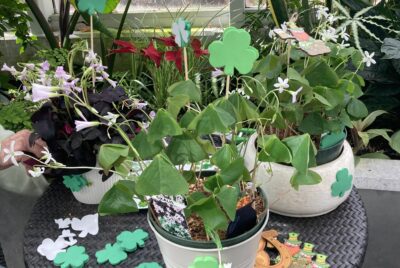RESEARCH
The Contributions of Urban Horticulture to Cities’ Livability and Resilience: Insights From Singapore
Summary
This research paper emphasizes the growing recognition of urban horticulture, which is growing plants in cities, and its vital role in making cities more liveable, sustainable, and resilient. Using Singapore as a prime example, the study showcases how national-level urban horticulture programs, driven by research, deliver significant advantages to city dwellers. These benefits include improvements in health and well-being, stronger social connections through interactions with plants and other people, and support for Singapore’s goal of becoming a City in Nature, alongside enhancing food security. The experiences in Singapore offer valuable lessons for other cities aiming to integrate nature into urban life.
The paper delves into four key urban horticulture programs in Singapore: Community in Bloom, which fosters gardening together in shared spaces; Allotment Gardens, providing individual gardening plots in parks; Gardening with Edibles, encouraging home gardening; and Therapeutic Horticulture, offering facilitated nature-based activities for specific groups. These initiatives demonstrate how urban horticulture can cultivate community ownership of green spaces, strengthen community ties, and spark interest in horticulture. The involvement of government agencies with a broad vision for urban horticulture has been crucial for the success and expansion of these programs, which aim to achieve both social and environmental objectives.







